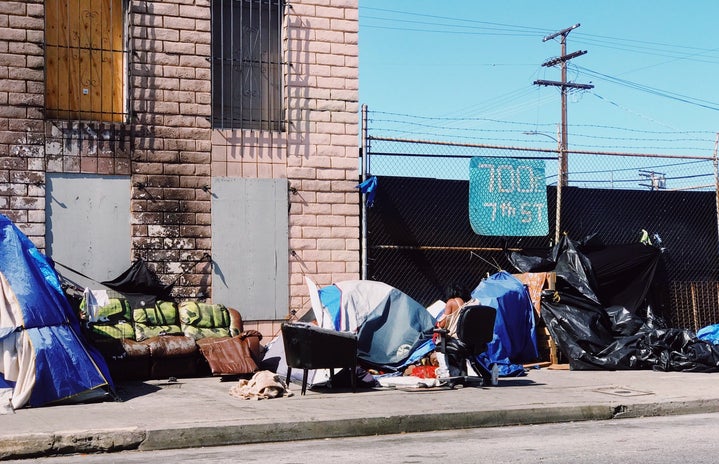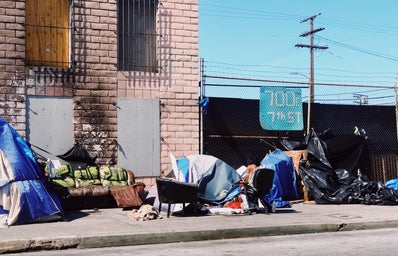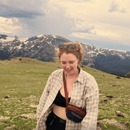Boulder, Colorado is truly a “home on the range” for those seeking a life close to the Rocky Mountains, and close to the metropolitan area of Denver, Colorado. Google it, and you’ll find hundreds of articles about the beauty of the Flatirons, the active lifestyle of Boulder residents, and the supposedly left-leaning and inclusive community that resides in the heart of the foothills. In fact, it has repeatedly been named one of the best places to live in the United States.
Even Reddit, one of the least forgiving places on the internet, has many good things to say about Boulder. A quick look at the Boulder community on Reddit doesn’t show complaints about crime, pollution, or even rent. Instead, you may see an inquiry on the strange amount of grasshoppers on running paths this summer or a review of a new vegetarian restaurant.
I was born in Boulder, although not raised, and have lived here for four years now as a student at the University of Colorado–Boulder. And, yeah, it’s beautiful. It’s clean. The weather is great, I’m a five-minute drive from a beautiful hike at almost all times, and people here are generally pretty happy—so generally, they’re pretty nice.
When I was watching the Barbie movie this summer, though, there was a quote about patriarchy that really resonated with me, especially in regard to Boulder. When Ken asks a random businessman in the “real world” about patriarchy, the man responds that although patriarchy is less obvious than it used to be, society is still promoting it, albeit subtly.
This idea, that a society can still be problematic and harmful despite a cheerful, “woke” demeanor is the Boulder Bubble in a nutshell.
The vast majority* of those who live, work, and/or go to school in Boulder wake up in a relatively nice apartment or home, look at the beautiful mountains, usually against a sunny blue backdrop, and head to a workplace or school where inclusivity is prioritized, the pay is higher on average than the rest of the country, and they’re surrounded by others who woke up in the same environment.
Litter is not just frowned upon; it’s prohibited. Public transportation is not just encouraged; it’s provided for students and there are more paved bike paths than there are gas stations. A night out with live music, an IPA, and a golden retriever is standard.
Political strife? Barely. Sexism, racism, xenophobia? Not in public. If you live in Boulder, Colorado, chances are that on paper, your life, to say the least, could be worse. Don’t get me wrong—I love Boulder. But the internet persona that Boulder has assumed is not entirely accurate.
Boulder is 77% white. Granted, about half of Colorado’s counties are about 80% white, but for the liberal utopia depicted online, that’s white.
You also can’t walk around downtown Boulder areas without some sort of interaction with the unhoused population. There are 800-plus unhoused people in Boulder County, and homelessness is often a hot-button issue for local elections—but most of the ballot measures involve removing unhoused people for other’s safety. Best place to live in the country? Not for everyone.
That’s not even mentioning the controversy that the University of Colorado–Boulder has been through in the past couple of years. Shootings, fossil fuel investments, and rape scandals have all graced TV and cell phone screens for almost every Boulder resident. But hey, most of us (and I am guilty of this as well) don’t attribute that to Boulder itself. Large college campuses have their own issues.
Ultimately, the Boulder Bubble, despite its own hypocrisies and faults, hides this fact: beyond Boulder is a world without constant mountain views, trendy vegan restaurants, and quasi-political leftist unity. When you live in Boulder, you ought to juggle the good and the bad, as this article has tried to do. Maintain gratitude for calling such a beautiful place home with the knowledge that all that glitters is not gold, and keep in mind—all bubbles eventually pop.
*Please note this is not meant to be a rhetorical generalization but is based on the statistics cited in this article.


